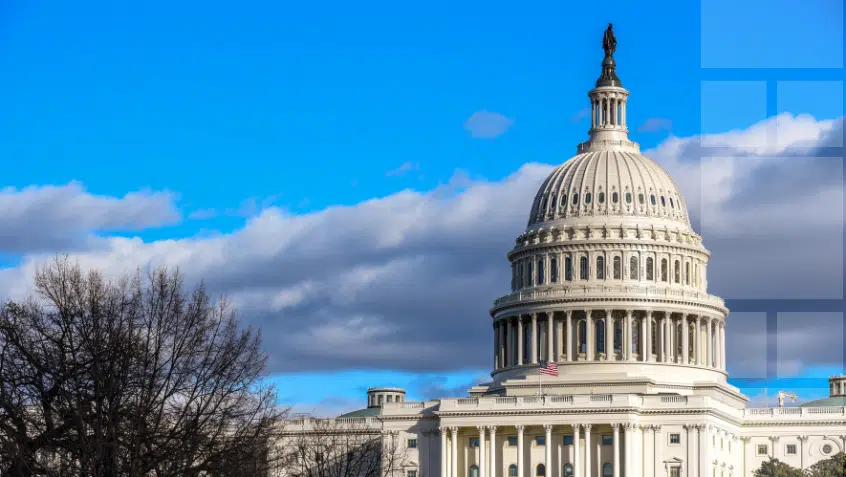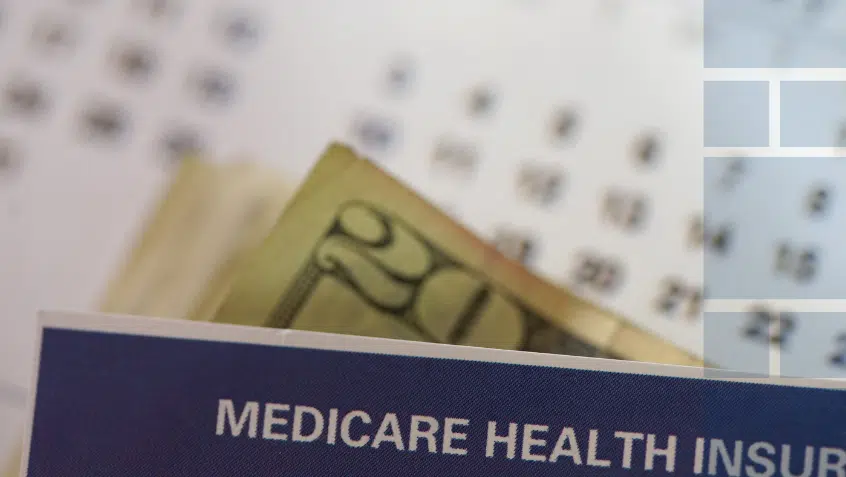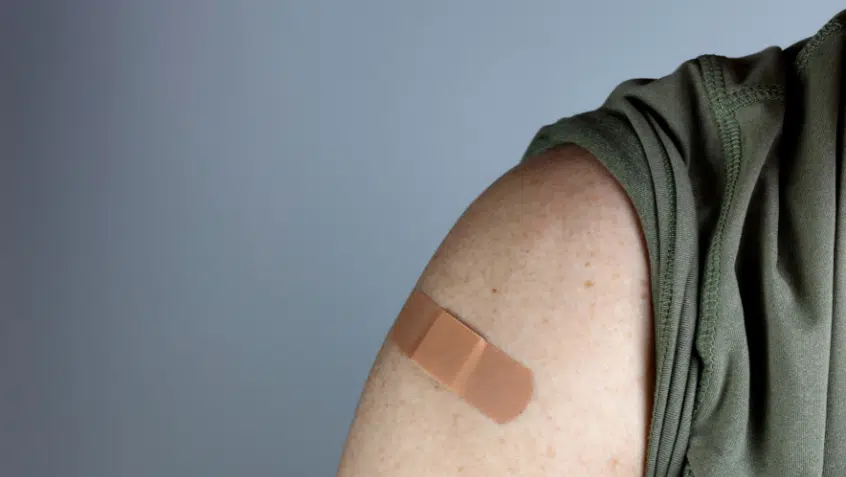
2025: A Year of Old Threats and New Opportunities
As 2024 winds down, our sights turn to 2025, which will see a new Congress and administration. Amid these shifts
Join Us Live for a Discussion on Medicare, Democracy, and the Future of Health Care
Medicare provides health coverage to over 67 million older adults and people with disabilities, paying for important medical care in hospital and outpatient settings. Nearly 12.5 million beneficiaries also rely on Medicaid, which helps with affordability through the Medicare Savings Programs (MSPs), and covers services Medicare does not, such as long-term services and supports. The Medicare Rights Center supports strengthening Medicare and Medicaid, modernizing benefits and financial assistance, and bolstering the workers and caregivers who deliver this vital care.

As 2024 winds down, our sights turn to 2025, which will see a new Congress and administration. Amid these shifts

The Medicare Rights Center recently joined 31 partner organizations in urging Congress to strengthen Medicare and Medicaid this year. The

Limits on Original Medicare Dental Coverage Although Original Medicare does not offer broad coverage of dental services, and the statute

Last week, the Centers for Medicare & Medicaid Services (CMS) released information about Medicare costs in 2025, including the 2025

Earlier this week, Vice President Harris announced a new proposal that would expand in-home services for people with Medicare. Many people with Medicare struggle with activities of daily living like bathing, dressing, eating, or toileting but do not need intensive medical care.

Starting September 30, Medicare changed the way it covers certain services that can reduce an individual’s risk of acquiring HIV. Previously, Pre-exposure Prophylaxis (PrEP) using antiretroviral drugs was covered under Part D and was subject to regular cost sharing. Now, FDA-approved PrEP using antiretroviral drugs and the administration of injectable PrEP are covered under Part B as a preventive service.

Earlier this week, Medicare Rights submitted supportive comments on aspects of two proposed rules from the Centers for Medicare &
As science and medicine progress, they reveal the interconnectedness of bodily systems and expose the folly of historic silos in care. We greatly appreciate the Centers for Medicare & Medicaid Services (CMS) focusing on mental health and substance use disorder treatment and to medically necessary dental services.

It has been two years since the passage of the Inflation Reduction Act of 2022 (IRA). The landmark legislation included

In late April, the U.S. Department of Health and Human Services (HHS) updated regulations for Section 1557 of the Affordable Care

As 2024 winds down, our sights turn to 2025, which will see a new Congress and administration. Amid these shifts

The Medicare Rights Center recently joined 31 partner organizations in urging Congress to strengthen Medicare and Medicaid this year. The

Limits on Original Medicare Dental Coverage Although Original Medicare does not offer broad coverage of dental services, and the statute

Last week, the Centers for Medicare & Medicaid Services (CMS) released information about Medicare costs in 2025, including the 2025

Earlier this week, Vice President Harris announced a new proposal that would expand in-home services for people with Medicare. Many people with Medicare struggle with activities of daily living like bathing, dressing, eating, or toileting but do not need intensive medical care.

Starting September 30, Medicare changed the way it covers certain services that can reduce an individual’s risk of acquiring HIV. Previously, Pre-exposure Prophylaxis (PrEP) using antiretroviral drugs was covered under Part D and was subject to regular cost sharing. Now, FDA-approved PrEP using antiretroviral drugs and the administration of injectable PrEP are covered under Part B as a preventive service.

Earlier this week, Medicare Rights submitted supportive comments on aspects of two proposed rules from the Centers for Medicare &
As science and medicine progress, they reveal the interconnectedness of bodily systems and expose the folly of historic silos in care. We greatly appreciate the Centers for Medicare & Medicaid Services (CMS) focusing on mental health and substance use disorder treatment and to medically necessary dental services.

It has been two years since the passage of the Inflation Reduction Act of 2022 (IRA). The landmark legislation included

In late April, the U.S. Department of Health and Human Services (HHS) updated regulations for Section 1557 of the Affordable Care